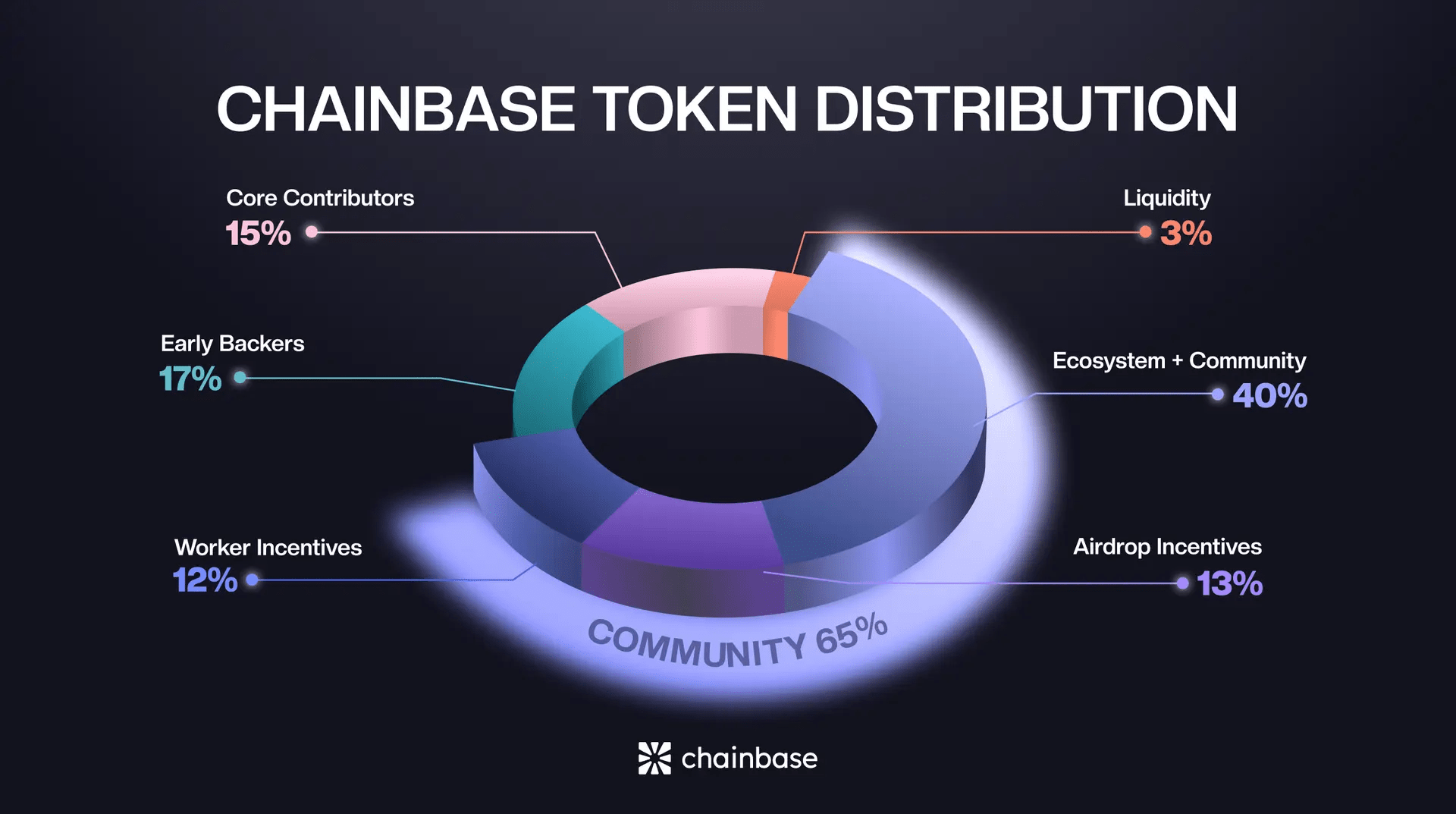
Chainbase @Chainbase Official has recently gained significant attention in the data infrastructure field, with many discussing whether its token $C has real value support. My view is: it does, and the logic is quite solid.
First, let's talk about what everyone is most concerned about $C ? It is not a 'ticket' or purely governance token; its value follows real usage. Each API call, each data cleaning, and each script execution requires payment in C. In other words, when you use it to buy data or services, it will also be used to reward data providers, nodes, and validators. This creates a closed loop: the more you use, the stronger the incentives, and the more valuable the token becomes.
One smart aspect of Chainbase @Chainbase Official is that it turns data engineering into a tradable asset. Previously, if you wrote a script, it might only be used in your project, resulting in sunk costs and limited returns. But on Chainbase, you can publish it as a 'manuscript', and others can call it with one click, allowing you to earn $C based on usage. Conversely, if you call someone else's dataset or script, you can settle using a clear fee model. This model directly transforms developers' outputs into tradable assets, which is quite interesting.
Now let's talk about the security mechanism. They have implemented a 'Dual-Staking', borrowing EigenLayer AVS for validation and computational support while using C and external assets (like ETH) for economic guarantees. This approach leverages external liquidity while allowing the native token to truly capture network value. Unlike some projects that rely solely on inflation incentives, #Chainbase places greater emphasis on 'real usage rates'—node attendance, frequency of data calls, and script reuse, which serve as the basis for reward distribution.
The data performance is also impressive: over 50 billion data calls, more than 20,000 developers, and over 8,000 projects integrated. These numbers reflect a positive feedback loop: the more developers there are, the richer the data assets; the more assets there are, the greater the call volume; and the larger the volume, the stronger the incentives—thus the value basis of C becomes more solid.
One more point that cannot be ignored: #Chainbase has backing from the capital side, with investments from Tencent and Matrix Partners. This indicates that not only we 'on-chain native' users care about trustworthy data, but traditional institutions also recognize the value in this direction.
Overall, I believe Chainbase is not just talking about concepts or blindly incentivizing liquidity, but is genuinely creating a 'usage-driven' economic model. The value of C does not lie in how well it tells a story, but in the value it gains with each call and each settlement. Data infrastructure is an essential need for Web3, and trustworthy, verifiable, and efficient data services are even scarcer resources—Chainbase is precisely targeting this pain point.
If you ask me how I view its future? I think a project that can combine data quality, call experience, and economic model, and has already accumulated a large amount of real usage and developer ecosystem, is worth continuous attention.

